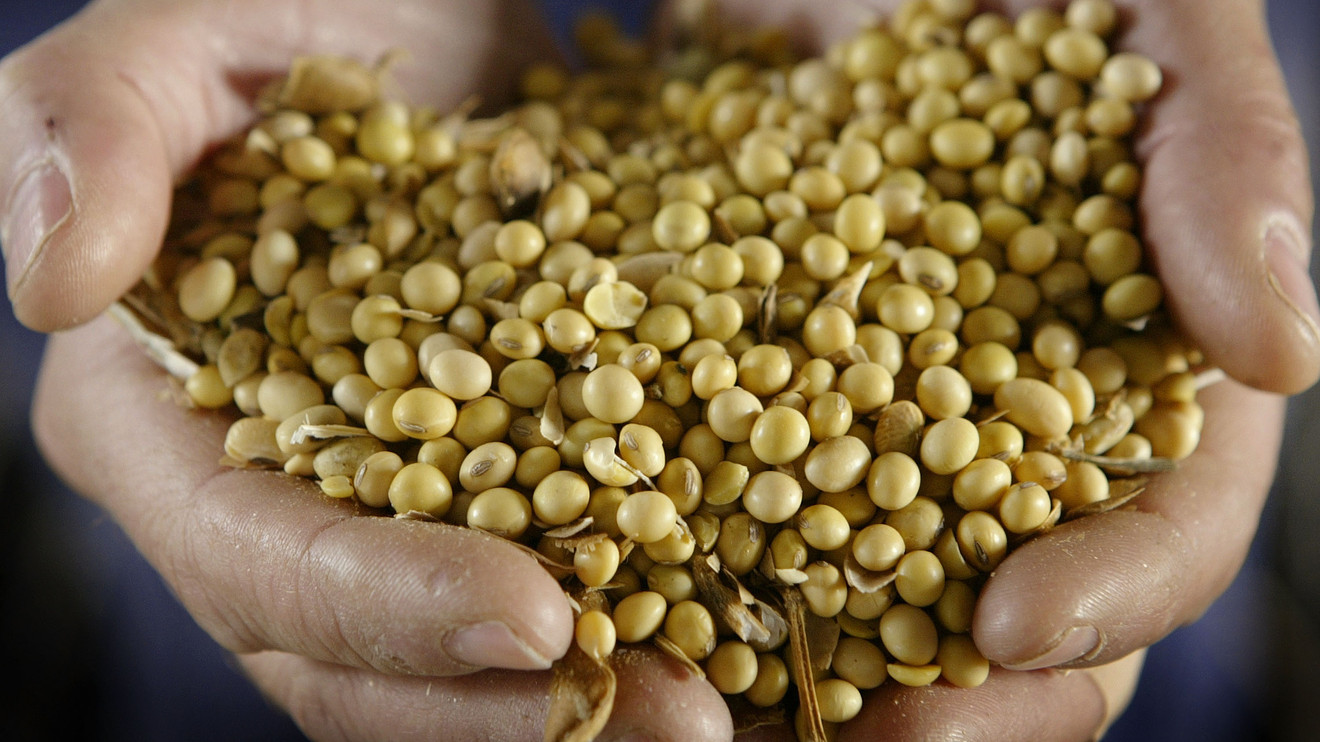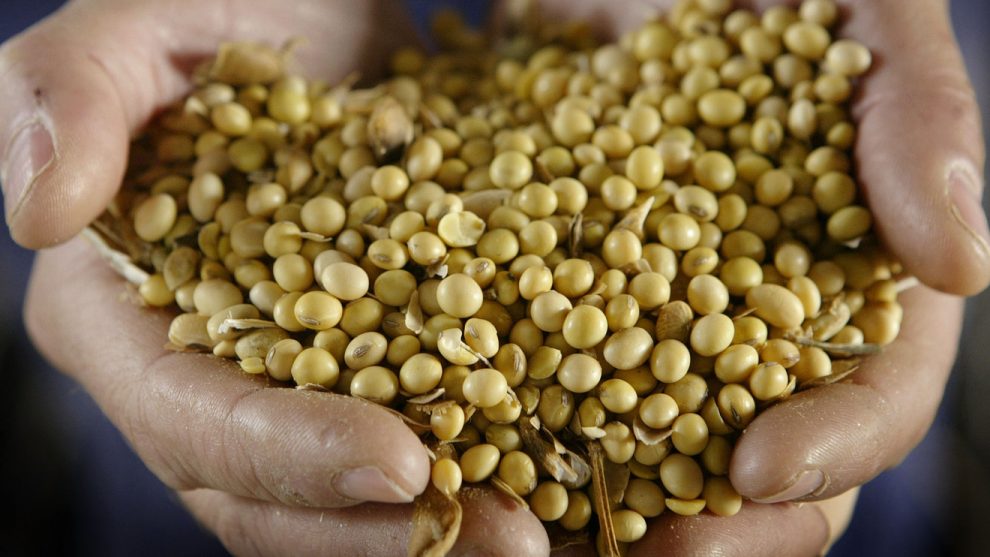
U.S. farmers, who voted overwhelmingly for Donald Trump in the 2016 presidential election, are starting to show signs of frustration that his trade fight with China is hurting their business.
Bailouts by other taxpayers can go some way to dull the pain. But sooner or later you have to find new markets. Could domestic consumers pick up the slack?
Until the trade war broke out, the U.S. had been exporting more than 30 million metric tons of soy and soybeans to China each year, according to the Agriculture Department. To put that in context: It works out to about 220 pounds of soybeans for every American man, woman and child.
How hungry are you?
The good news: Although soybeans sometimes get a bad rap with U.S. consumers, they’re probably better for us than their critics claim, say medical researchers.
See: 5 foods to start eating now if you want to live a longer life
Eating soy may help lower your cholesterol and your blood pressure, say some scientific studies. It may help your heart health, reduce your risk of diabetes and help you lose weight. It may also lower the risk of certain cancers, such as those of the prostate, bowel and breast. Soy may also help reduce inflammatory bowel disease. A recent study at Canada’s McGill University found soy was the healthiest plant-based “milk alternative,” beating even the increasingly popular almond option.
Naturally, the story is not quite so simple. Some studies have raised concerns that soy consumption also comes with risks. For example, some suggest it might actually raise the risk of breast cancer in some women, lower male fertility or even encourage the development of attention-deficit disorder in children.
Scientific research is continuing.
But many nutritionists say overall the picture is more positive than negative. “Soy protein is a much better [diet] choice than animal proteins, such as red meats and processed meats,” says Qi Sun, a professor of nutrition at Harvard’s T.H. Chan School of Public Health. “We have done research showing beneficial effects of tofu and other soy-containing products on cardiometabolic health.”
Sun says that soy has a “bad reputation” in the U.S. but that many of the negative claims are based on studies of the effects on animals, not humans.
He adds: “China, Japan, and Korea all have a long history of consuming soy, and yet obesity or infertility was never a problem during the thousands years of history in these countries.”
Consumers in the U.S. will hope he is right. Much of the U.S. soy exported to China was designed for animal food or cooking oil rather than direct human consumption. But future crops may target the domestic consumer instead.











Add Comment